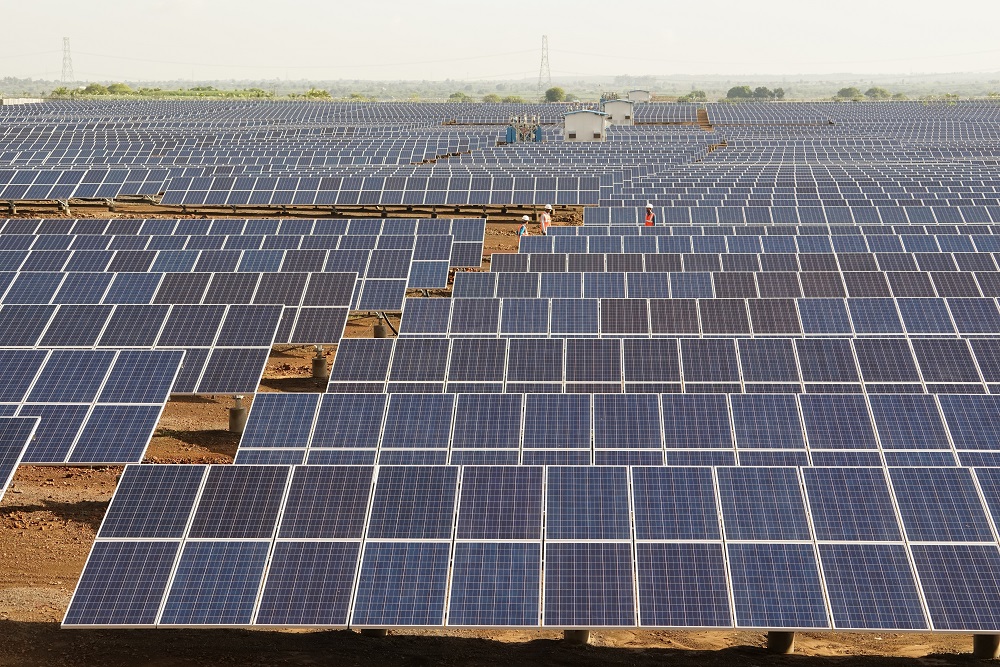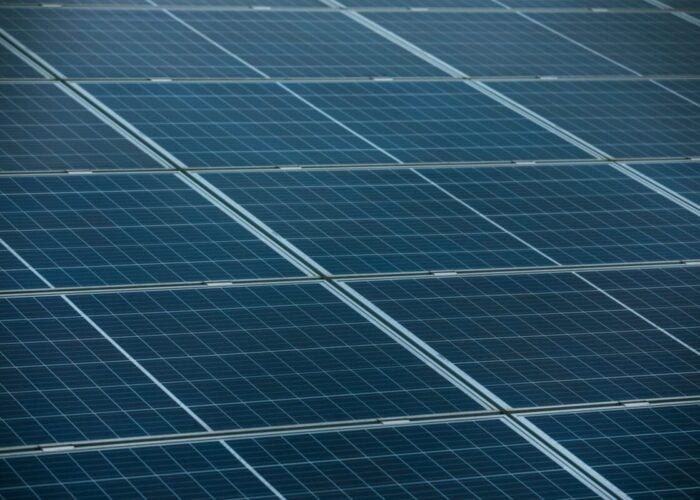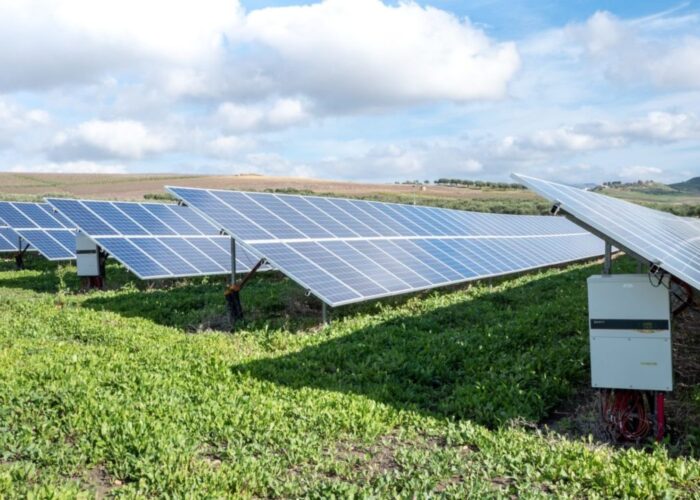
There has been a significant lull in announcements of utility-scale solar tenders from the Solar Energy Corporation of India (SECI). It has announced only one tender – Bhadla 750MW – this year in comparison to around 5GW of new tenders in 2016. There have been expectations of new tenders coming in Odisha, Chhattisgarh, Delhi, Karnataka, Andhra Pradesh and Bihar but none of these have materialised until now. Furthermore, SECI has again extended bid submission timelines for the ongoing Bhadla-III (250 MW) and Bhadla IV (500 MW) tenders. These projects were supposed to be allocated to developers in Q3 2017. Meanwhile, NTPC has also not made any progress on new guidelines for development of solar projects.
Tendering delays have been caused by multiple factors. We have written extensively about weak growth in power demand affecting distribution company (Discom) appetite to issue any new tenders. But equally importantly, the new competitive auction guidelines announced in August 2017, which require use of standard bidding documents, have impacted the timelines. We understand that delays in finalization of these documents is holding up progress of many tenders. Our discussions with sector players also suggest that the Ministry of New and Renewable Energy (MNRE) decision making has slowed down considerably, possibly due to many changes in senior personnel, including appointment of the new minister.
Unlock unlimited access for 12 whole months of distinctive global analysis
Photovoltaics International is now included.
- Regular insight and analysis of the industry’s biggest developments
- In-depth interviews with the industry’s leading figures
- Unlimited digital access to the PV Tech Power journal catalogue
- Unlimited digital access to the Photovoltaics International journal catalogue
- Access to more than 1,000 technical papers
- Discounts on Solar Media’s portfolio of events, in-person and virtual
But the developers are getting restless. Many of them have raised funding and are waiting on the side-lines for an opportunity to bid for new projects. These developers have been left high and dry due to reduction of solar power procurement. Due to the vacuum created in the project development landscape, there is a pent-up demand forcing auction tariffs down. They are also concerned about the “looming” anti-dumping duty imposition on solar modules and how it may affect bidding behaviour.
As for the Bhadla projects, it is likely that this tender submission will get delayed again and the reverse auction will take place early next year. Whether tariff bids will be as competitive as the previous Bhadla auction is debatable. Developers such as Acme, which won 200MW at a tariff of INR 2.44/kWh (US$0.04) in the auction, has recently expressed “regret” as Chinese module suppliers have increased pricing over the last three months lowering return expectations. Other costs have also gone up on account of GST implementation. If there were to be an auction today, we would expect tariffs to move up to INR2.80/kWh. But rising tariffs will create another problem – the Discoms may walk away creating even more problems for the sector.







